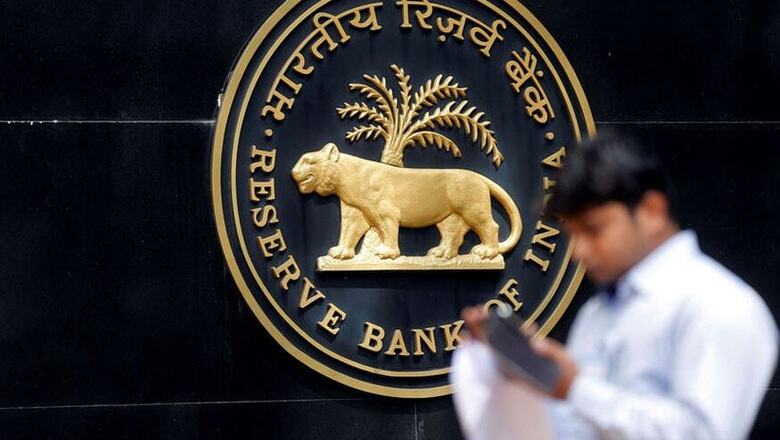
views
New Delhi: Ahead of the Reserve Bank of India’s (RBI) monetary policy committee (MPC) meeting on December 6, members of Prime Minister’s Economic Council told Bloomberg that the central bank overestimates inflation and should order a cut in interest rates. Experts, however, do not agree.
“Their view of the economy doesn’t seem to be correct... (By keeping rates high) they have imposed a high output sacrifice,” Ashima Goyal, a member of Prime Minister’s Economic Advisory Council told Bloomberg.
"They believe inflation will rise but you know they always overestimate. The RBI has room to reduce rates by 100 basis points,” she said.
However, former adviser to the Planning Commission and the first Chief Statistician of India, Pronab Sen is not in agreement with the statement.
“Interest rates are a tool to correct inflation, it doesn’t cause inflation. However, if there is an inflationary trend, interest rates cut down on demand. If there is insufficient demand in the economy, then the Central Bank will revive demand by cutting interest rate,” said Sen.
The 80-year-old further said that the central bank while setting the rate, doesn’t look at just next month’s inflation, rather a four to nine-month period. The RBI, therefore, makes a projection that is going to be nine to twelve months ahead and sets interest rates accordingly.
“When we are talking of forecasts over-estimating inflation, RBI can turn around and say that actual inflation is lower than our forecast because it was based on ‘business-as-usual’ basis. What you are finally viewing as inflation is a result of the inflationary policy that we took. The statement is not comparing likes to likes,” said Sen.
A change in interest rates is closely watched by banks and markets in general.
“They have been working through the aggregate demand channel to reduce inflation but aggregate demand channel is weak in India,” said Ashima Goyal, who earlier served as a member of the RBI’s technical advisory committee on monetary policy.
Decreasing aggregate demand “decreases output, and has the first effect on output and little effect on inflation”.
Chief policy advisor at multinational consultancy Ernst and Young, DK Shrivastav also agrees with Sen.
“RBI bases its forecasts on the overall CPI inflation rather than core inflation. Food and fuel prices are to be considered in the latter. The statement is not entirely justified,” said Shrivastav.



















Comments
0 comment